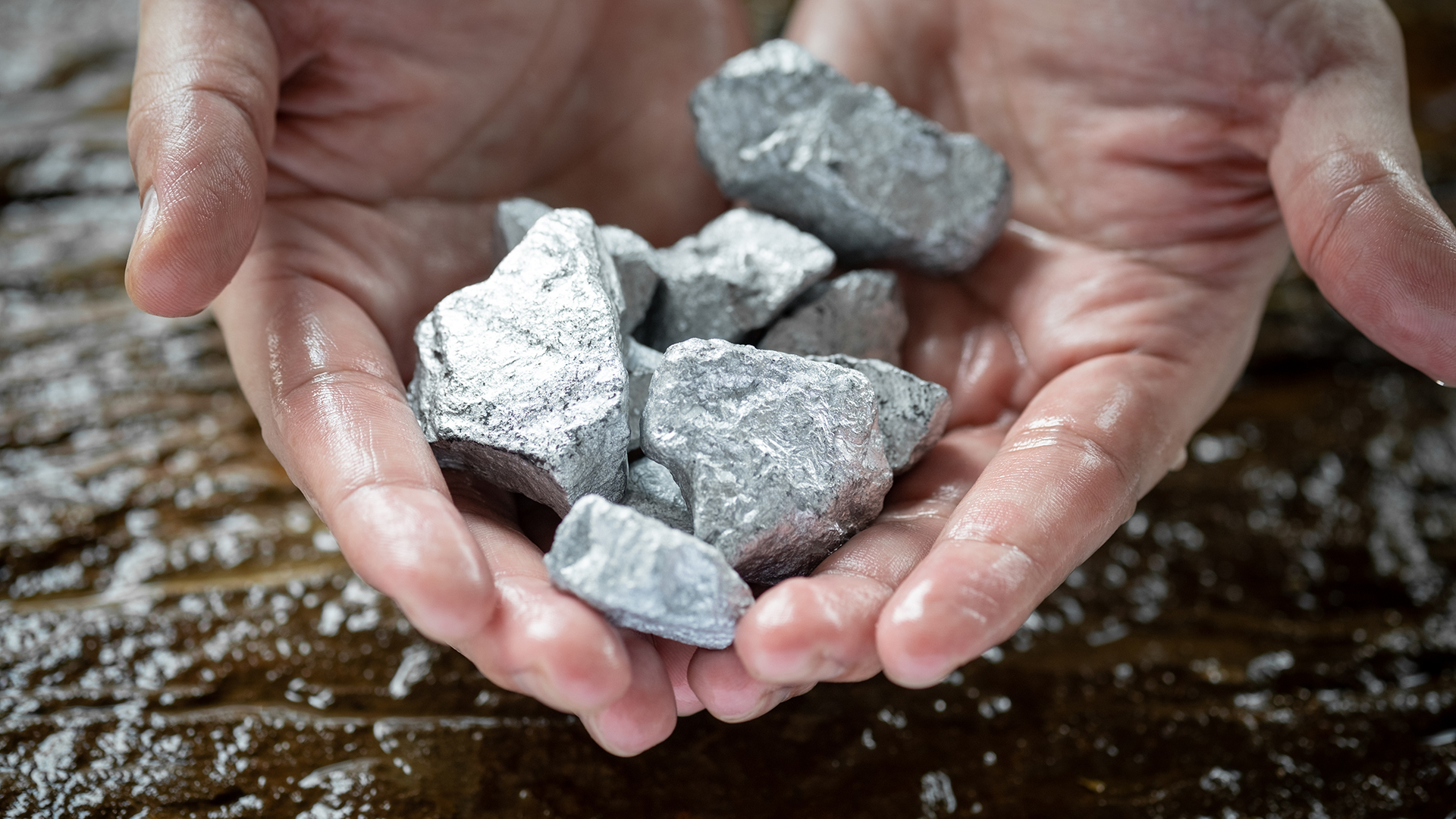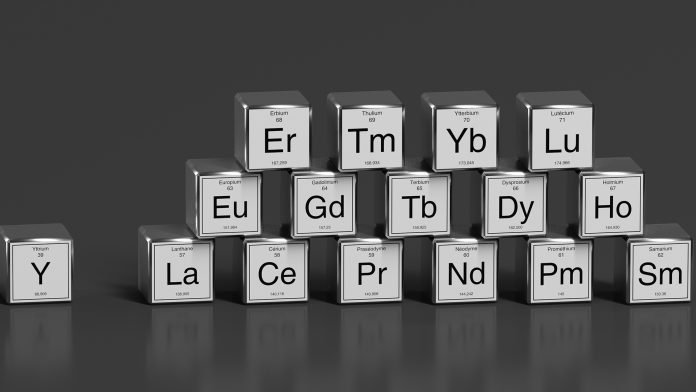The UK Government has announced it will provide £15m in funding to innovate rare earth elements recycling technologies and techniques – a significant boost to the UK’s critical minerals supply chains.
Rare earth elements – a group of 17 chemical elements that are all metals, including fifteen lanthanides, and yttrium and scandium, will play a pivotal role in the green transition. Rare earths are vital in a range of technologies that will help decarbonise the planet, including electric vehicles (EVs) and wind turbines.
However, as the demand for green technologies is set to increase significantly in the coming years, establishing robust and reliable supply chains for rare earth elements will be vital in achieving climate goals. The recently announced government funding will enable cutting-edge research to enhance recycling for these critical minerals.
Nusrat Ghani, Minister of State at the Department for Business and Trade, commented: “Rare earth elements underpin so much of what makes everyday life and work possible, from the cars we drive to the phones we use. It is essential that, in a rapidly changing world, we do all we can to ensure resilient supplies of these and other critical minerals.
“The impact of Russia’s illegal war in Ukraine on energy prices has been a timely reminder of how important supply chains are for all parts of our economy. That’s why we are laser-focused on securing robust supply chains for the growing, green industries that will deliver jobs and prosperity across the UK in the decades to come.”
Why rare earth elements are key to the green transition
Currently, rare earth elements are sourced from a small number of countries, which puts the UK’s supply chain in jeopardy. These supply chains are complex and volatile, meaning that UK jobs and industries are vulnerable to geopolitical events such as Russia’s invasion of Ukraine and market shocks.
Moreover, it is estimated that the production of some critical minerals will need to increase by as much as 500% by 2040. Due to this, the UK Government is working diligently to diversify its critical minerals assets, refreshing the delivery approach of the UK’s Critical Minerals Strategy, which is scheduled to be published later in 2023.

£15m funding will develop the CLIMATES programme
The funding will be employed to launch the CircuLar crItical MATErials Supply chains (CLIMATES) programme, which will be delivered by Innovate UK.
The project will advance rare earth elements research, innovate rare earth recycling technologies, and collaborate with international partners to identify and address any future skills shortages. CLIMATES will also aim to acquire private investments to reinforce these critical minerals supply chains.
Mike Biddle, Executive Director for Net Zero at Innovate UK, explained: “Now is the time to build UK capability and a sustainable supply of rare earth elements, working with international partners. The rising costs of energy have demonstrated the importance of resilient global supply chains. Our CLIMATES programme will work with businesses, investors, and industry bodies to deliver a series of activities, from funding competitions to networking events and workshops, all designed to drive growth in the sector and build resilient supply chains to help us strengthen our economy and meet our environmental targets.”
UK efforts to safeguard critical minerals supply chains
In addition to the CLIMATES programme, the UK is pioneering various critical minerals projects. In July 2022, Pensana launched the country’s first £145m magnet material refining facility in East Yorkshire, which will play a critical role in the UK’s EV supply chain.
In November last year, Green Lithium revealed they are developing the first large-scale lithium refinery outside of Asia. The government is also leveraging findings from the Critical Minerals Intelligence Centre (CMIC) to provide policymakers with data and analysis on supply, demand, and market dynamics.
Will Drury, Challenge Director, Driving the Electric Revolution, Innovate UK, concluded: “For the UK to deliver on its net zero ambitions, we must have access to critical minerals and materials. This intervention by Innovate UK in support of the UK Government’s strategy provides a thrilling proposition for UK businesses and innovators to build on our research excellence. Our aim is to create an exciting investment proposition that enables growth in this vital area.”









